The Macao Special Administrative Region's full and accurate implementation of the "one country, two systems" policy and its safeguarding of national sovereignty and security are major reasons for achieving long-term prosperity and stability in the 25 years since its return to the motherland, officials said.
Kou Hoi-in, president of the Legislative Assembly of the Macao SAR, said the assembly has enacted or amended more than 400 laws since Macao's return in 1999 to implement the policy of "one country, two systems".
In 2009, the SAR passed the Law on Safeguarding National Security in Macao and, last year, it adopted a bill defining national secrets and regulating their protection in Macao, which aimed at effectively protecting national sovereignty, security and development interests.
Revisions were also made to laws on the election of the SAR's chief executive and legislative assembly members to ensure the practice of "patriots governing Macao".
Speaking about the key difference in formulating laws related to national security and other areas, Kou said that while general laws often involve the interests of various groups and, therefore, may generate more controversies during the legislative process, laws concerning national security are passed with minimal disputes.
"We share the consensus that national security is essential for the well-being of the country and Macao. Conversely, any issues at the national security level can impact Macao's development," he added.
Wong Sio-chak, the SAR's secretary for security, said, "A positive social atmosphere is gradually taking shape, in which people from all walks of life in Macao feel a shared responsibility to safeguard national security."
In 2018, Macao launched the National Security Education Exhibition. The seventh edition of the exhibition, which was hosted in April and May this year, saw the number of offline participants increase to 61,000 from 18,000 in the debut edition.
Song Man-lei, president of Macao's Court of Final Appeal, said that over the past 25 years, efforts have been made to create a successful judicial system with Macao's unique characteristics under the guidance of the "one country, two systems" policy and the Basic Law.
Song, who has been serving in Macao's judicial system since 1996, said that significant transformations have happened after Macao's return to the motherland, marking the end of its long-standing history of foreign judicial jurisdiction and the gaining of genuine judicial independence.
Judges in Macao were all Portuguese until 1996, when Chinese judges were appointed. Currently, courts in Macao have 52 judges, including 50 local judges, fundamentally reflecting the return of judicial power to Macao, Song said.
Since 1999, proficiency in both Chinese and Portuguese has been a requirement for Macao judges, fully embodying the principle of "one country, two systems".
The eligibility criterion for judges to be proficient in Chinese is a constitutional requirement, embodying the principle of "one country", Song said.
Macao's laws originated in Portugal and, therefore, proficiency in Portuguese helps deepen the understanding of the legal principles behind legal provisions and improve judicial quality, embodying the principle of "two systems", she added.










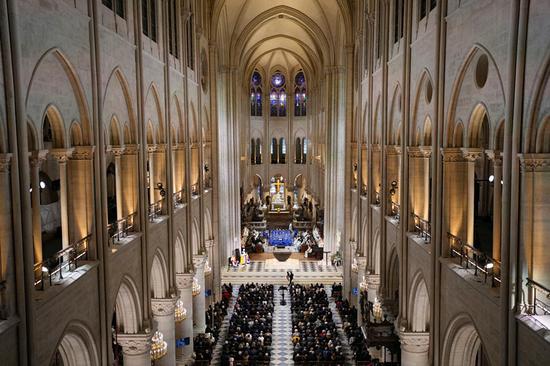

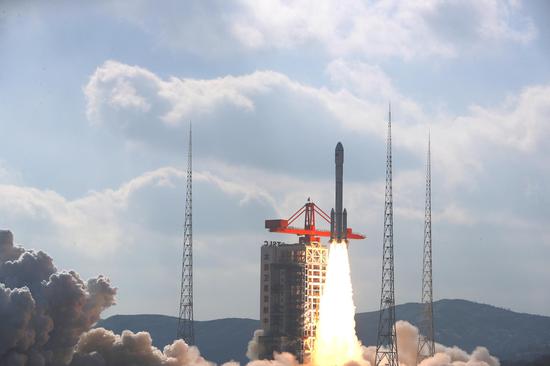



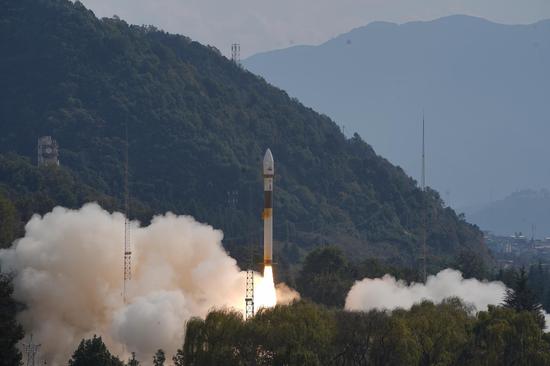
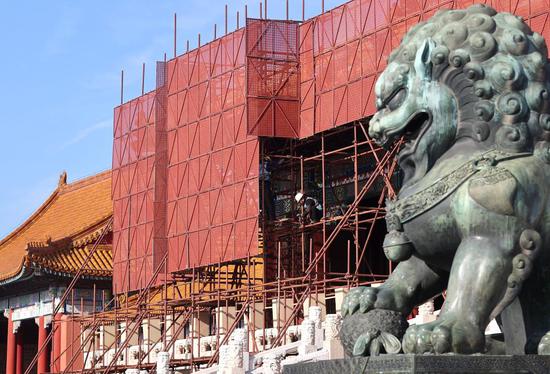
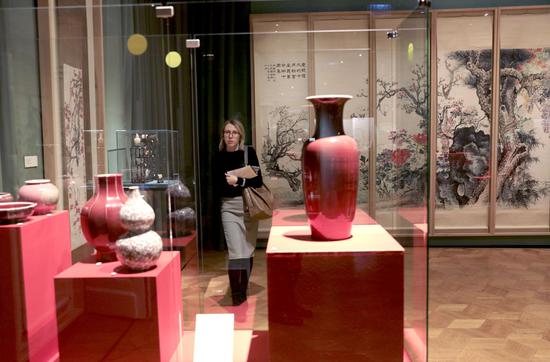
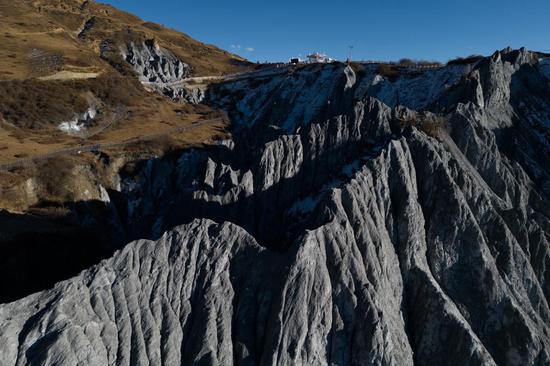

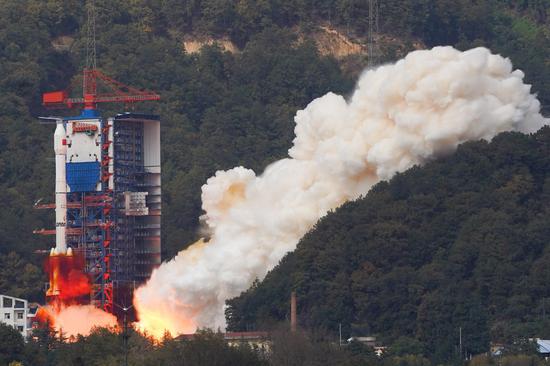
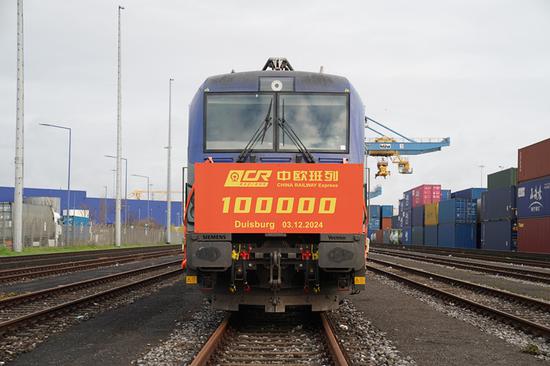
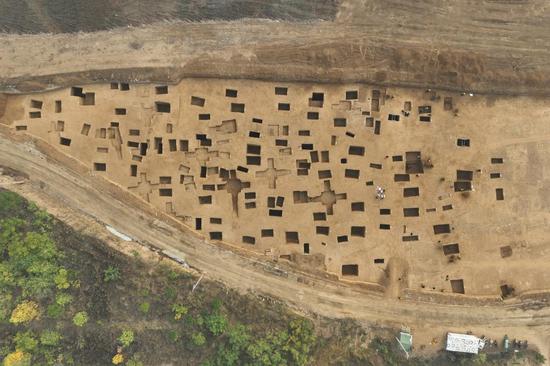
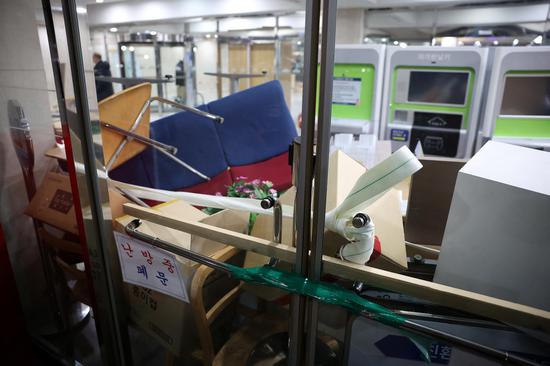




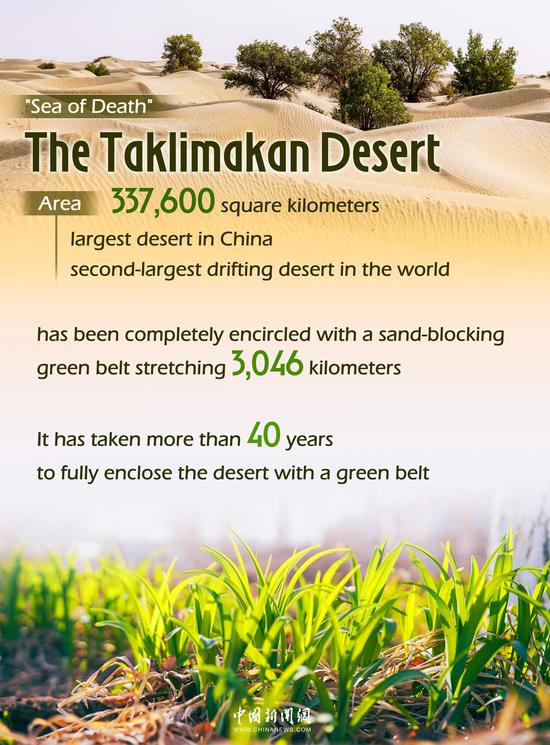
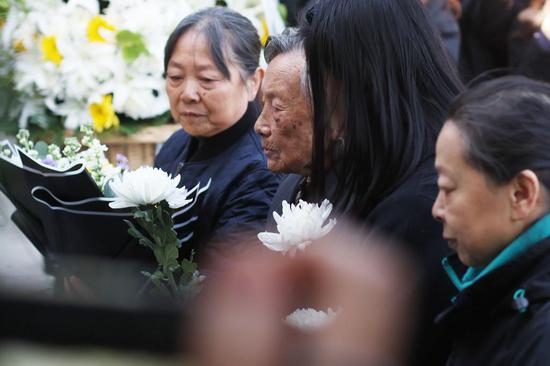

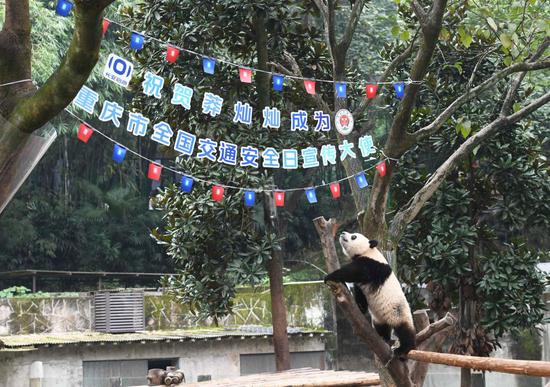
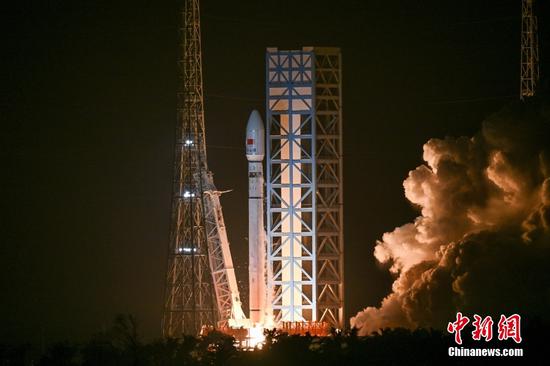

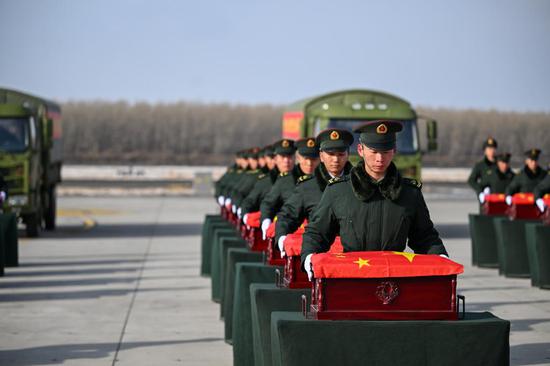
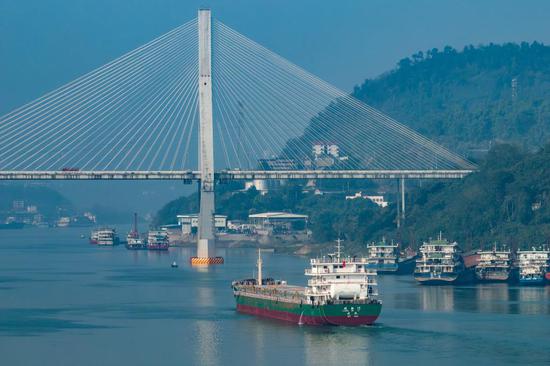
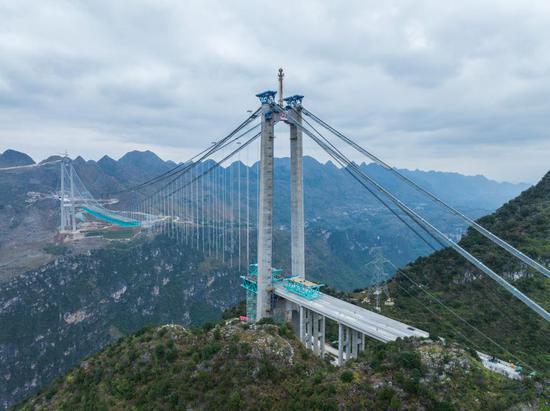


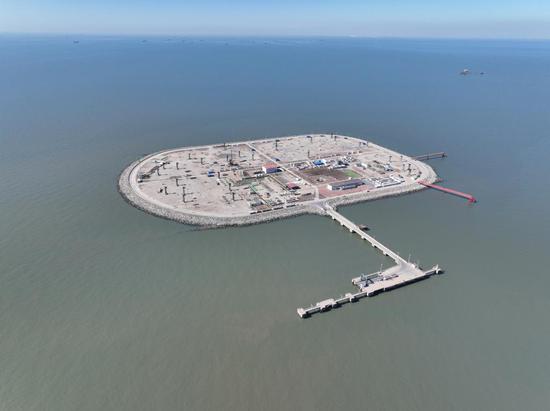


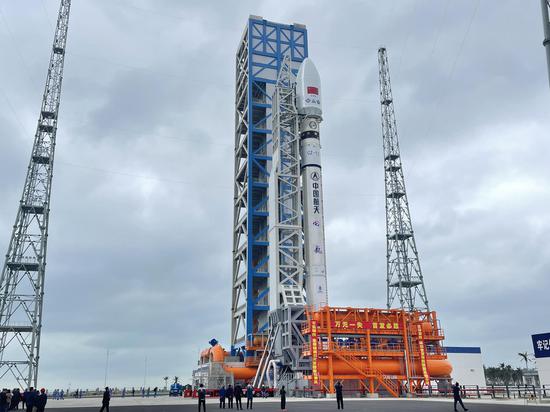
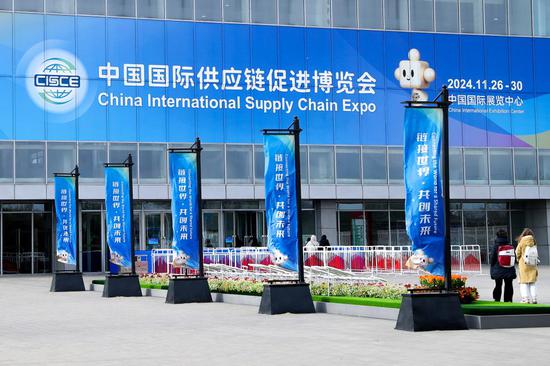

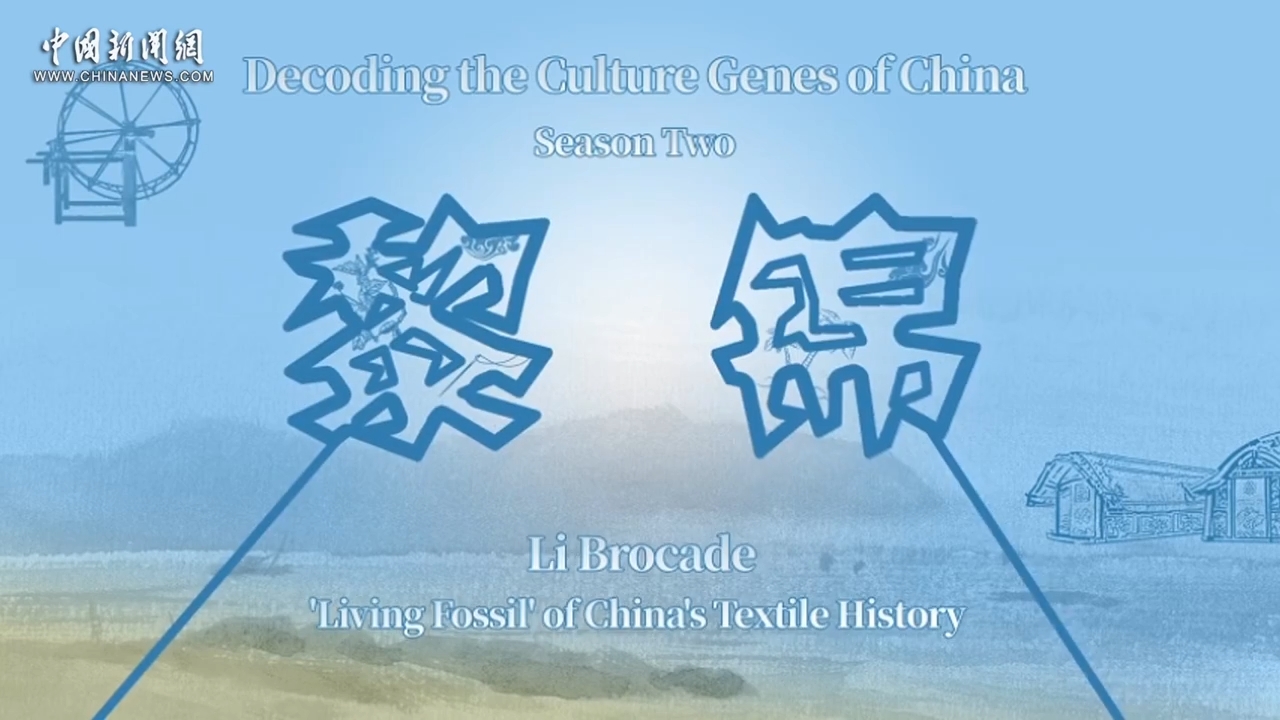



 京公网安备 11010202009201号
京公网安备 11010202009201号